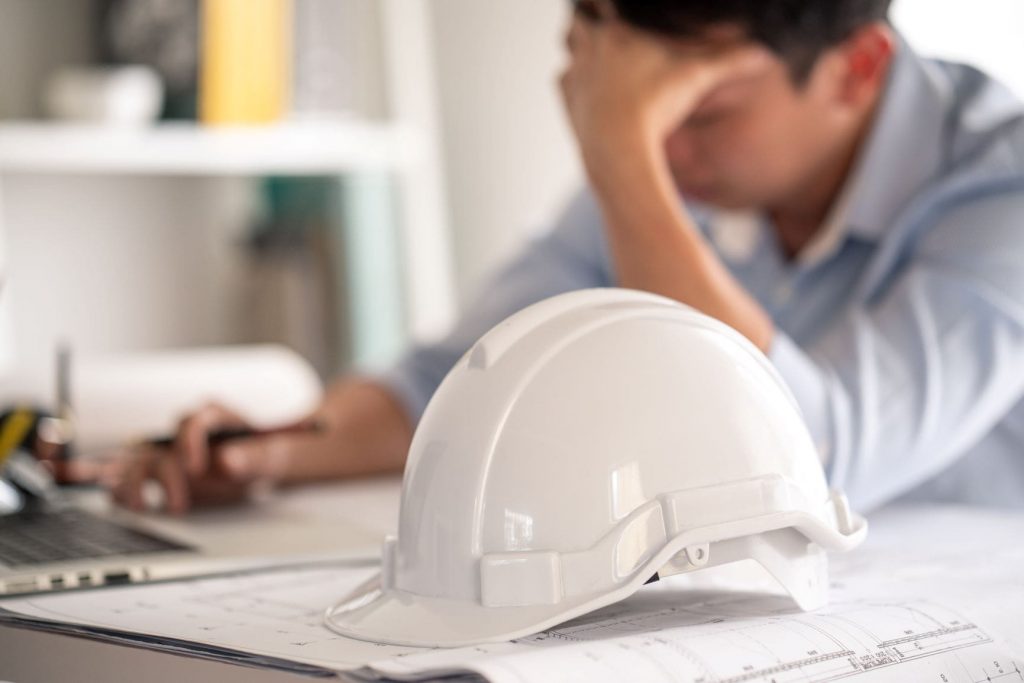Construction delays happen for a variety of reasons. They have become more common as supply chain issues impact all facets of construction projects and housing demand has been strong throughout the pandemic. The specific causes of delays can vary from decisions by the parties involved to slow down a project to many things outside the control of anyone involved. Whether you are a contractor trying to manage delays beyond your control or a developer trying to assess what portions of the construction project can continue moving forward, it is important to understand the options available and how to handle expectations when dealing with a construction delay.
Acceleration Options in Construction Projects
There are three main options for accelerating construction projects. The first option is done voluntarily, whether by mutual agreement or by the contractor simply finding ways to speed up the project. Generally, contractors and those that have hired them want the project to move at the fastest commercially reasonable pace. This means that all parties involved in a project agree on the budget and expected timeline. If there are delays for whatever reason, a contractor that finds ways to provide more resources to the project in order to expedite the work without a request from the developer has voluntarily accelerated the project. The cost of voluntary acceleration is generally covered by the party freely making that decision.
The second option for an acceleration claim happens at the direction of another party. This can typically be the case where there are delays in a project that fall outside of the contract scope that start to impact the property owner, the developer or their potential customers. In these situations, the developer asserts they will have to pursue legal remedies if the project is not accelerated to address the delays, but generally concedes to cover the additional costs associated with accelerating the project. This also frequently applies to general contractors and the subcontractors hired for an aspect of the project. The general contractor might have to pursue an acceleration claim with a subcontractor to not fall behind on their projected timeline to their client. The party making the direction to accelerate the project will typically cover the additional costs associated with that request.
The third option is constructive acceleration claims. This happens when the project owner or developer does not accept a contractor’s request for additional time on an excusable delay. When the parties cannot agree on whether delays were beyond the control of the contractor or the acceptable costs for accelerating the project, these situations can quickly rise to the need for a legal claim to settle the matter. Whether you are a property owner or developer looking for ways to avoid delays or a contractor trying to accurately convey what aspects are in your control and the costs associated with any attempts to accelerate the project, it is important to calmly assess and document the facts on the ground. It is easy for these situations to become contentious, but it is vital to remember that all parties working in earnest to complete the project have essentially the same goal of getting it done in the fastest timeline for the least cost.
The Impact of a No Damages for Delay Clause in a Construction Contract
Construction contracts typically contain what is known as a ‘No Damages for Delay Clause’. The reason for the clause is to protect parties from liability that may occur due to delays on the construction project. Normally, parties are required to pay the other for additional costs incurred by delays caused by their own actions. However, a no damages for delay clause will require the contractor to be responsible for the costs no matter who causes the delay unless the delay is directly caused by a breach of contract, interference by an active owner/construction manager or unreasonable delays resulting from fraud or bad faith.
Work with an Experienced Construction Lawyer in Arizona
Construction projects can be time-consuming, expensive and often involve many different parties to complete. This naturally leads to delays and disputes. Some of these disputes might rise to the level of a legal claim that must be resolved in court, but many involve challenges and issues beyond the control of those involved. It is vital to work with an attorney with the experience and knowledge of the law required to accurately assess whether these delays are reasonable and excusable. The attorneys at RSN Law have worked with property owners, developers, contractors, and subcontractors to protect our clients interests in complicated construction disputes in Arizona. Contact our firm today at 480-712-0035 to schedule an initial consultation with one of our construction law experts or make an appointment online on our contact us page.
RSN Law intends this article to be for informational purposes, not to be relied on a specific legal matter, and does not create an attorney-client relationship.

